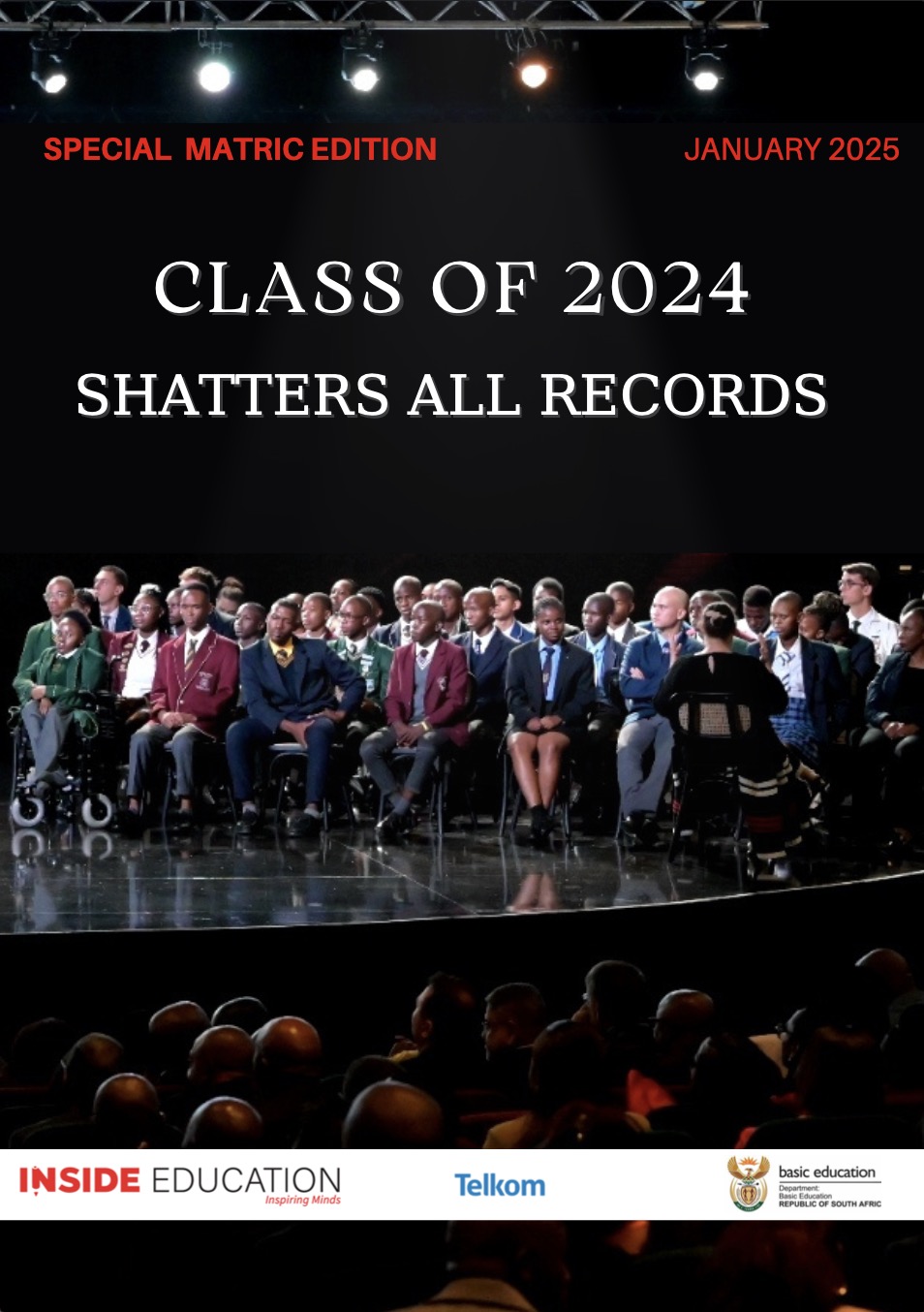Edwin Naidu
Another year, another racism probe involving students at a school in South Africa. The furore over the incident at Pretoria High School for Girls is understandable.
Indeed, three decades after democracy, the stories unfolding at the school have more to do with the failings of our education system than the racist hearts which engulf our society.
Gauteng MEC for Education and Sports, Arts, Culture and Recreation Matome Chiloane has launched another probe after the 12 learners accused of racism were cleared of misconduct.
The evidence to convict the pupils was not strong enough.
Chiloane is empowered to probe further, but this is a waste of resources. The South African Human Rights Commission says many complaints it received relate to racism. South Africa is a nation divided.
Many believe that the so-called “Rainbow Nation”, a term coined by the late Archbishop Desmond Tutu around the time of democracy, has been a false dawn. Incidents like the one at the Pretoria school and many similar unsavoury incidents throughout the country show how democracy has not grown.

Thirty years after our first democratic elections, this appalling racism continues to manifest itself in varying ways.
The question is whether another investigation by the MEC into the same incident will yield a different result. After all, this school has a history of racist incidents.
One does not need another investigation to find out whether the girls are guilty of racism. Their conduct is despicably racist even if they were cleared of wrongdoing because of a lack of evidence.
This shows that perpetrators can be protected through whatever means, highlighting a more significant societal problem. The racists do not know they’re racist. Or they pretend that they’re part of the so-called new South Africa.
As the man in charge of education in Gauteng’s economic capital, Chiloane should petition the Minister of Basic Education, Siviwe Gwarube, to introduce anti-racism teaching from preschool to Grade 1 and throughout the schooling curriculum.
This should ensure that racism is nipped in the bud at schooling, avoiding instances like the ugly behaviour of expelled Stellenbosch University student Theuns du Toit, who urinated on the property of fellow student Babalo Ndwayana.
South Africa has laws to deal with racism. But is it enough? The racist girls of Pretoria could very well be punished, but will they learn unless the system addresses their deficiency in respecting all human beings?
In March 2021, former MEC for Education Panyaza Lesufi wrote that basic rights are based on shared values like dignity, freedom of expression, justice, non-discrimination, human dignity, fairness, equality, respect, and independence. These values are defined and protected by law to emphasise that everyone counts.
As a leader in education, he suggested that human rights education be incorporated in the school curriculum to promote peace, democracy and social order.
This call was fueled by the World Conference on Human Rights Declaration of Human Rights Education (HRE) as key to promoting and achieving stable and harmonious relations among communities and fostering mutual understanding, tolerance, and peace.
The UN has urged all member countries to promote and include HRE in their school systems.
Article 26(2) of the Universal Declaration of Human Rights states, “Education shall be directed to the full development of the human personality and to the strengthening of respect for human rights and fundamental freedoms.”
That’s why Chiloane should focus on the bigger picture rather than setting another example to the young racists.
As the country with one of the best laws in the world, what good is it when citizens are none the wiser about democracy, freedom of speech, justice, equality, human dignity, solidarity, and peace?
It’s time for the Bill of Rights to become part of the curriculum – a suitable punishment for the racist learners – and their parents at Pretoria High are compelling them to memorise the Bill of Rights.
Edwin Naidu is Inside Education Editor.










